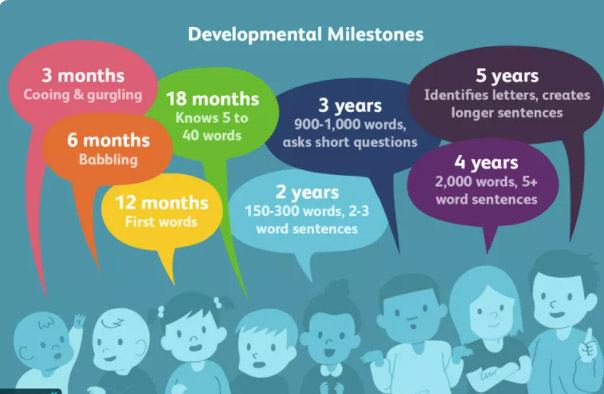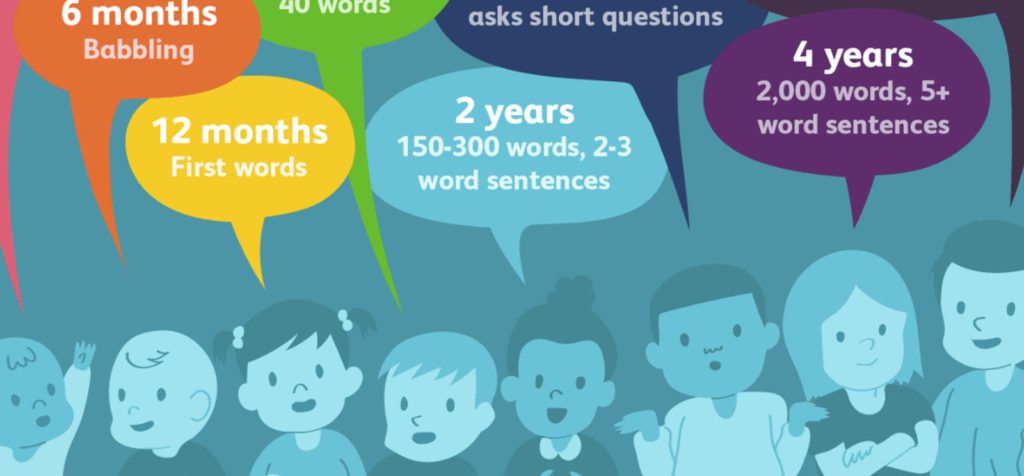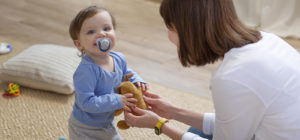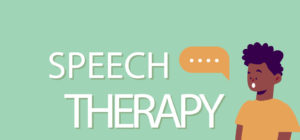Confused about speech and language developmental milestones?
The Low-down on Developmental Milestones

I remind parents that milestones are guidelines, not hard-and-fast rules. They represent ages at which most children –– but certainly not all –– master specific skills.
Remember, too, that speech and language skills are pieces of an enormous (and complicated!) puzzle. Kids are developing skills across all different areas: motor, social interaction, thinking and reasoning, communication, emotional regulation, and more. There’s a lot for little ones to focus on!
Although problematic if applied without care, having general expectations around ages and stages can help us monitor progress, stay on track, and seek professional advice in a timely manner. So today, I’m giving the honest answers to your most frequently asked questions around speech and language developmental milestones.
When should my child start communicating with me?
Believe it or not, your child starts communicating with you as a newborn. However, it’s not intentional communication just yet. Motivated by internal factors like hunger and thirst, your baby cries and fusses to let you know what he needs.
Within the first 3-6 months, your baby should begin to pay more attention to people’s faces and voices. He’ll also smile and show enjoyment while interacting with you. Your baby might even cry when a fun game stops.
By 9-12 months, your little one should start communicating purposefully. Even without words! Look for intentional communication behaviors like pointing, reaching, clapping, waving, babbling, and gesturing, especially when these behaviors are combined with eye contact.
At what age should my child start talking?
In general, I expect a child to begin saying words around the time of his first birthday. (If you missed it, check out this post; it’s all about first words, how to identify them, and when to expect them!)
I like to see early two-word combinations by a child’s second birthday and simple sentences of 3-6 words by his third year.
When should my child start talking clearly?
If your child’s words sound a bit different than adult productions of the same words, don’t worry! You might notice that some of the sounds your child makes are adult-like, but others are imperfect. There’s a reason for this. Some sounds in a language develop earlier than others.
For example, in English, words with sounds like “m,” “b,” and “p” (e.g., “mama,” “baby,” “papa,” etc.) tend to be easiest for early speakers. Others are trickier. The notorious “r” and “s” sounds, and sound blends like “st” and “gl,” typically come later. Therefore, you might notice that words with those sounds (e.g., “star,” “rabbit,” “glue,” “scissors,” etc.) are articulated immaturely. It’s not uncommon for a child in early elementary school to continue with imperfect productions of these sounds.
A good rule of thumb with little ones is to focus on how understandable they are overall –– even with the speech sound errors. I expect to understand a 2-year-old around 50% of the time and a 3-year-old 75% of the time or more. By the time a child is 4 years old, I expect to understand him nearly all of the time. I also pay attention to a number of other factors. Is a great deal of effort required to understand? Do listeners frequently rely on gestures and environmental cues?
How many words should my child have?
I like to see a child saying at least 10 words on a regular basis by 18 months and 50 consistent words by his second birthday. Remember to focus on the words he is saying by himself; words he repeats after you say them don’t count.
By a child’s 3rd birthday, I like to see at least 200 words. And before long, when I ask about vocabulary, I expect parents to say “too many words to count.”
My child is late meeting developmental milestones. Should I be concerned?
Don’t panic. Remember that there’s some wiggle room with milestones. It’s possible that your child’s first word won’t come until 16 months, but that he’ll have made up the mileage by the time he reaches his second birthday. However, dump the “wait and see” approach if the signs are pointing to delayed or disordered speech and language development.
Trust your gut. If you notice that your child isn’t meeting developmental milestones promptly, if communication feels like a struggle, or if you begin to observe delays across different areas of communication (e.g., speech, understanding, using words, social interactions, etc.), take action.




